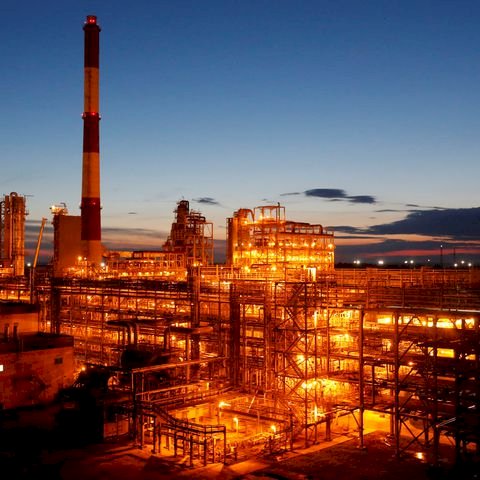India in talks to increase Russian oil imports from Rosneft
As foreign players refuse to deal with Moscow over its invasion of Ukraine, India is aiming to increase its Russian oil imports, with state-owned refiners willing to take more steeply discounted supplies from Rosneft PJSC.

As foreign players refuse to deal with Moscow over its invasion of Ukraine, India is aiming to increase its Russian oil imports, with state-owned refiners willing to take more steeply discounted supplies from Rosneft PJSC.
State-owned refineries are working together to finalize and secure new six-month supply contracts for Russian crude to India. Rosneft cargoes are being sought on a delivered basis, with the seller handling transportation and insurance.
If these supply arrangements are reached, they will be separate from the supplies that India presently receives from Russia under existing agreements. The persons who asked not to be identified because the conversations are private claimed that details on volumes and pricing are still being negotiated with Indian banks poised to fully fund all cargoes. They noted that as large international merchants such as Glencore Plc wind down their deals, Indian refiners will increasingly purchase straight from Russian enterprises such as Rosneft.
Indian Oil Corp, Hindustan Petroleum, and Bharat Petroleum are state refiners, while Reliance Industries and Nayara Energy, which is partly controlled by Rosneft, are private refiners. Procurement for both public and private companies is handled independently. When questioned about the situation, spokespeople for the three main state-owned firms couldn't immediately comment.
Indian refineries, both public and private, have increased their purchases of Russian crude as a result of US, UK, and European Union sanctions and trade restrictions, which have driven most purchasers to flee and offer levels to plummet. Last month, an unprecedented amount of Russian crude was on its way to India and China as European customers sought substitutes, looking as far as the United Arab Emirates for alternatives. Since late February, when Russia invaded Ukraine, the resulting panic and rerouting of global oil flows have boosted oil by more than 20%.
Refiners in Asia's second-largest oil consumer have seen increased profits from converting cheap crude into fuels that are sold both locally and to clients in Europe and the United States.




























